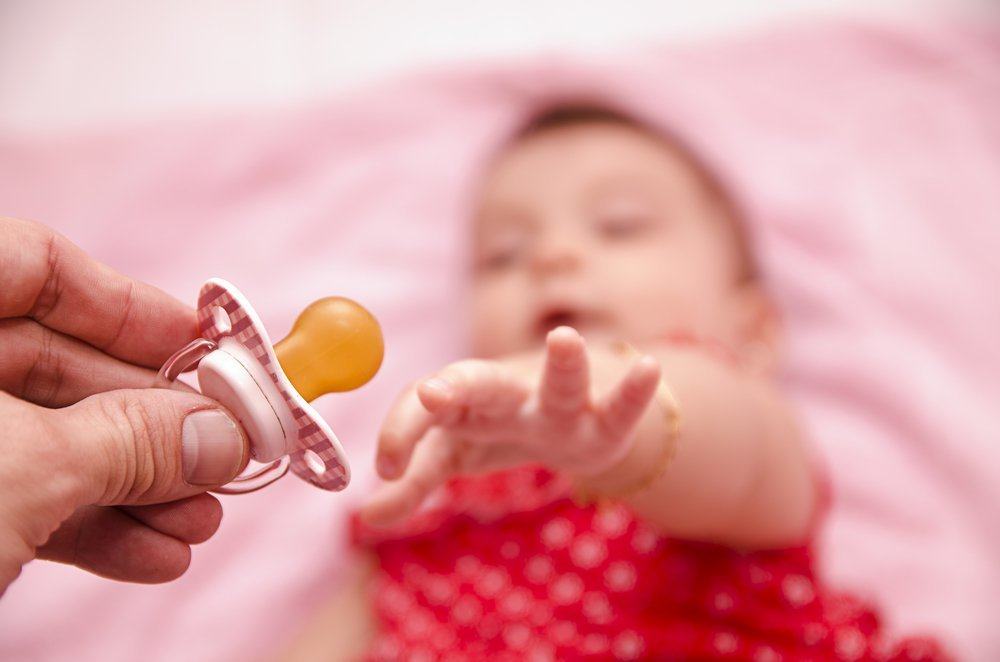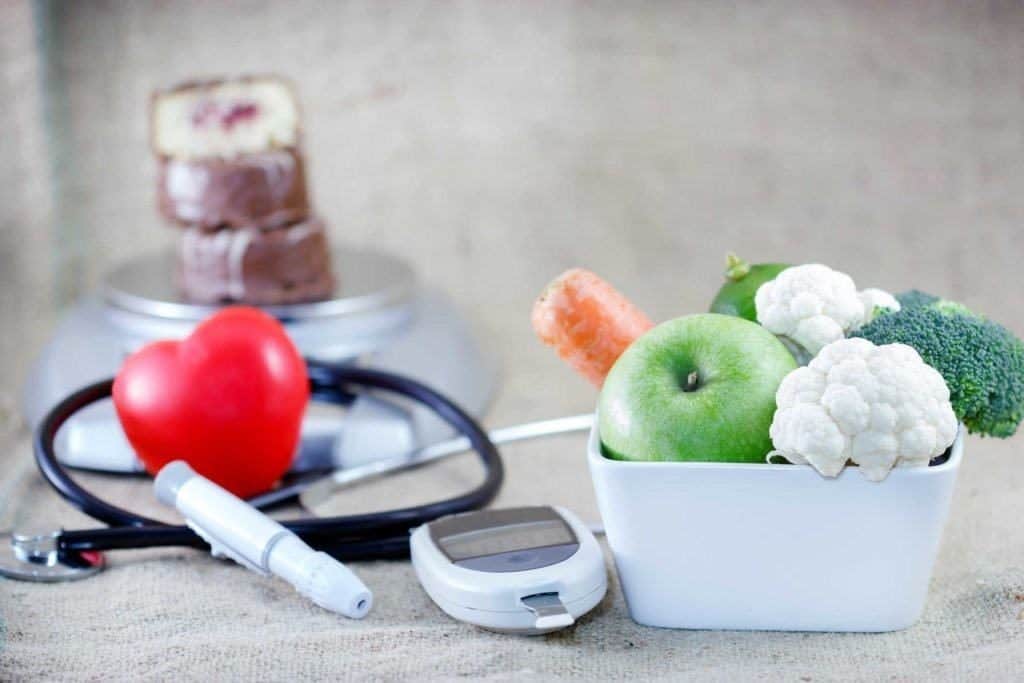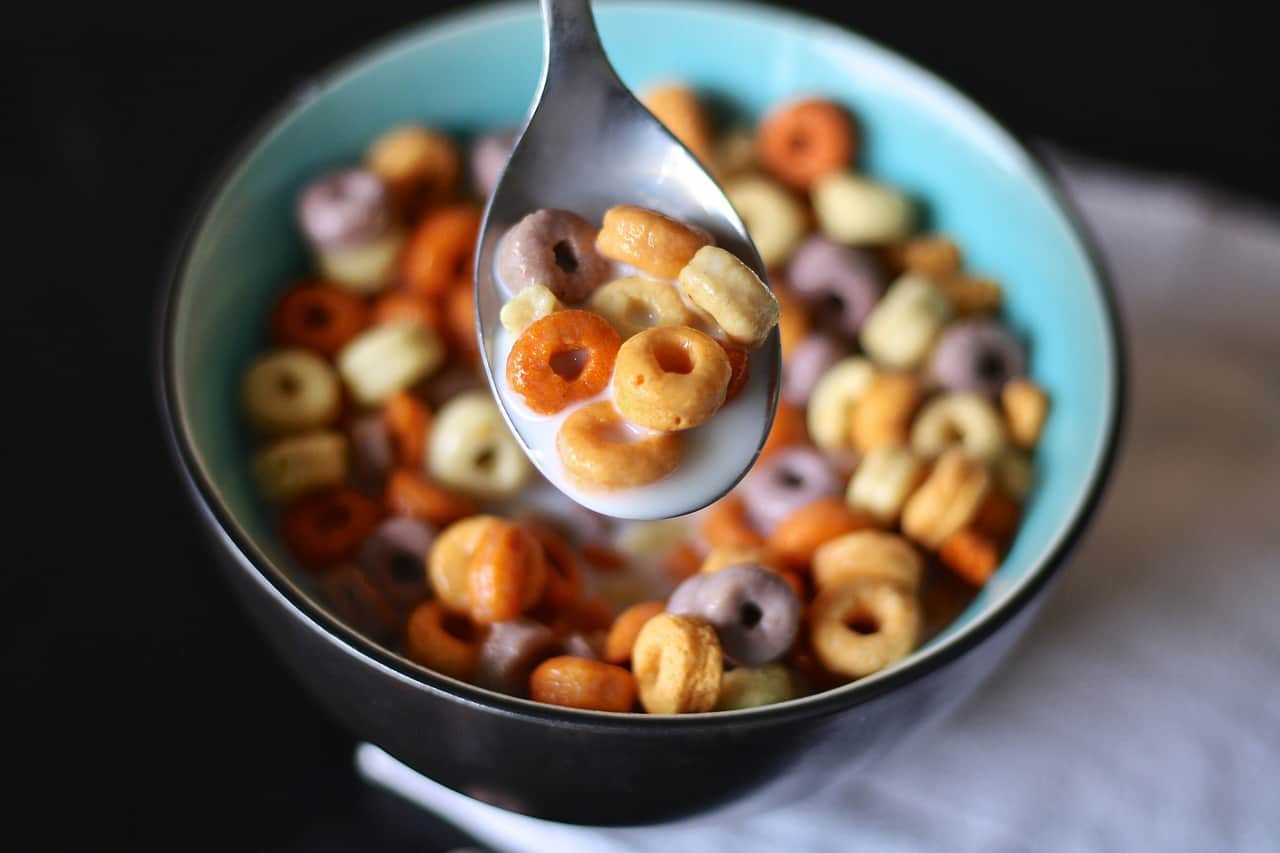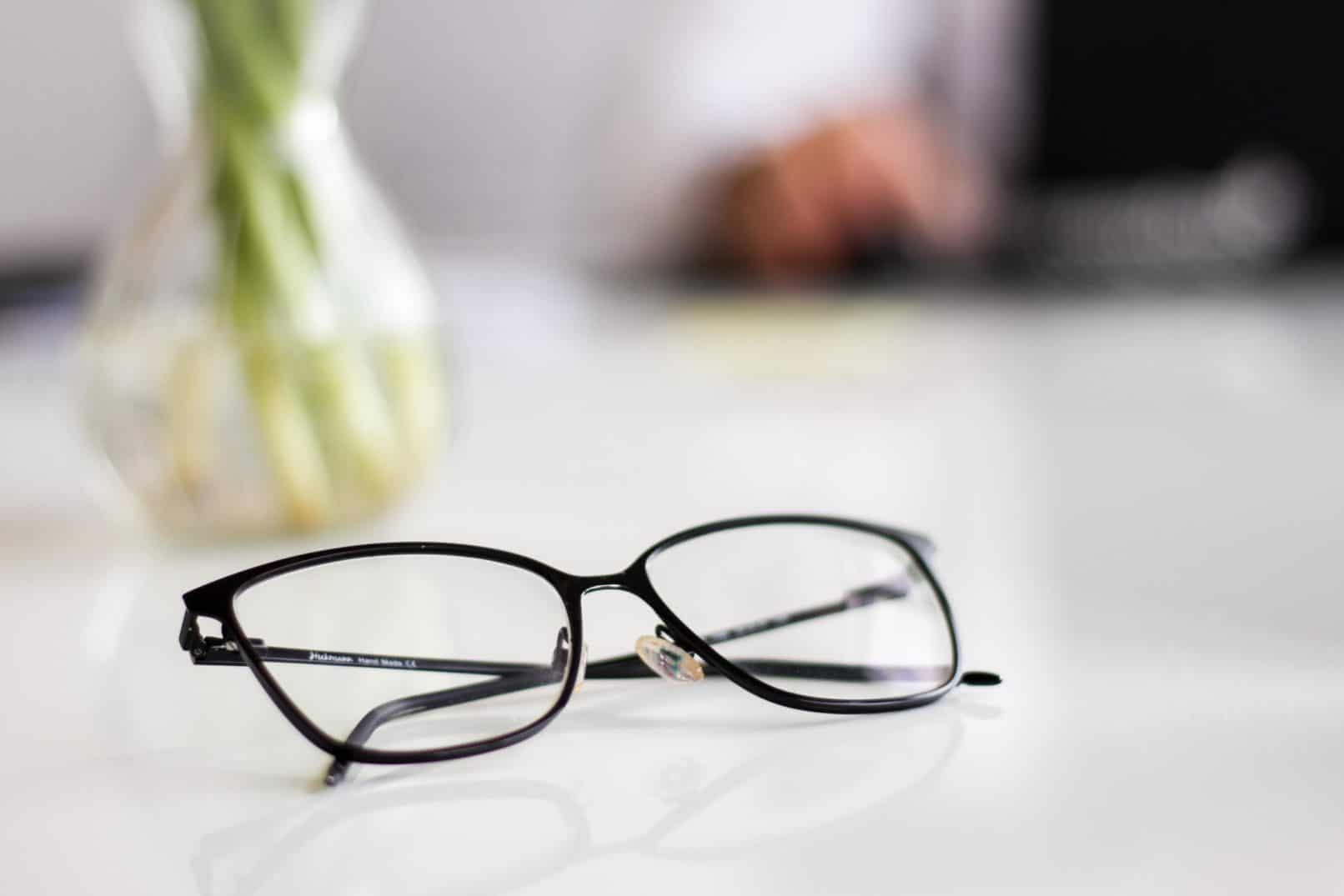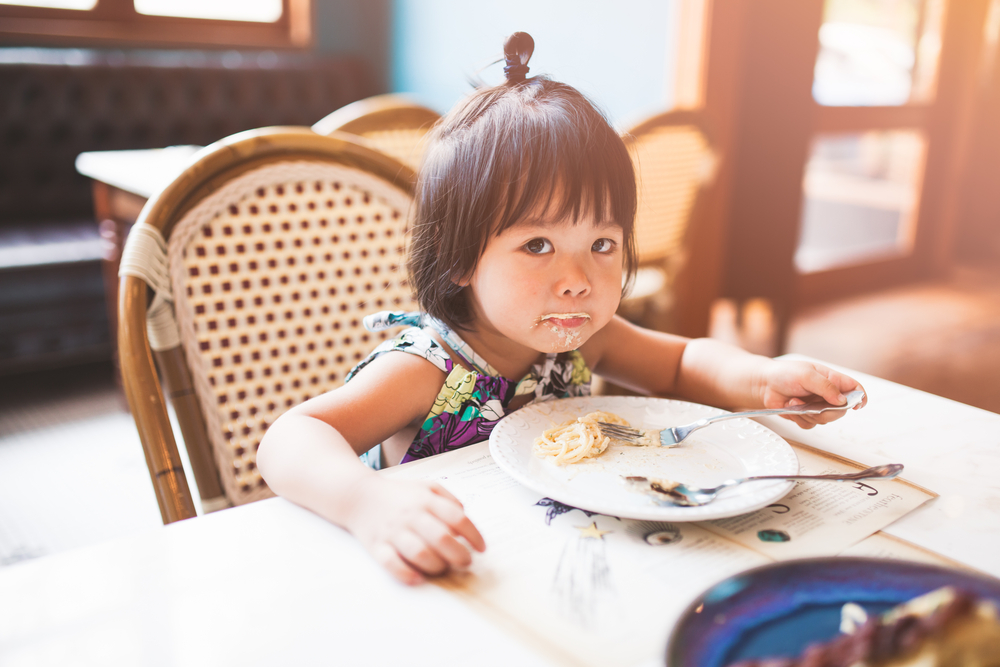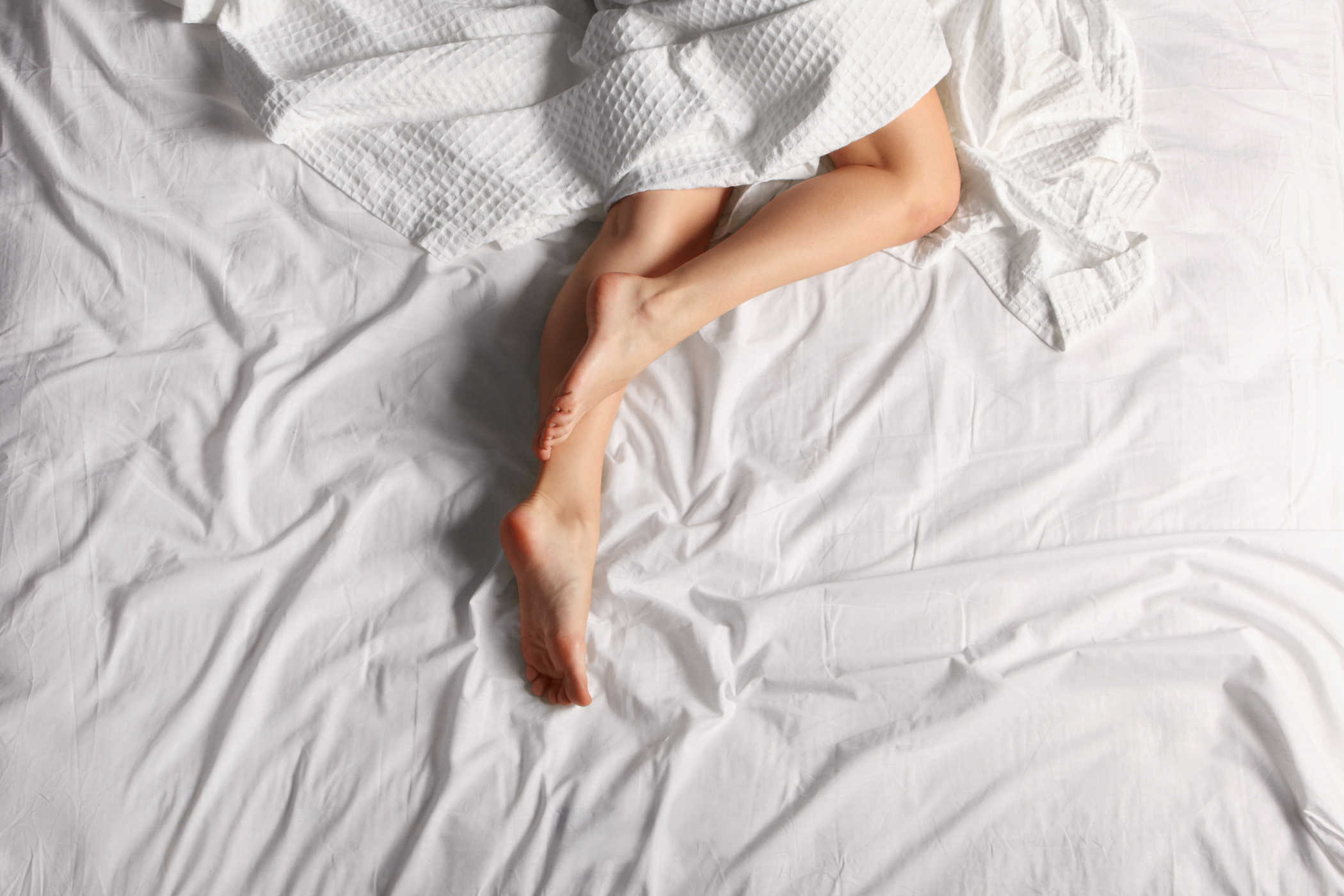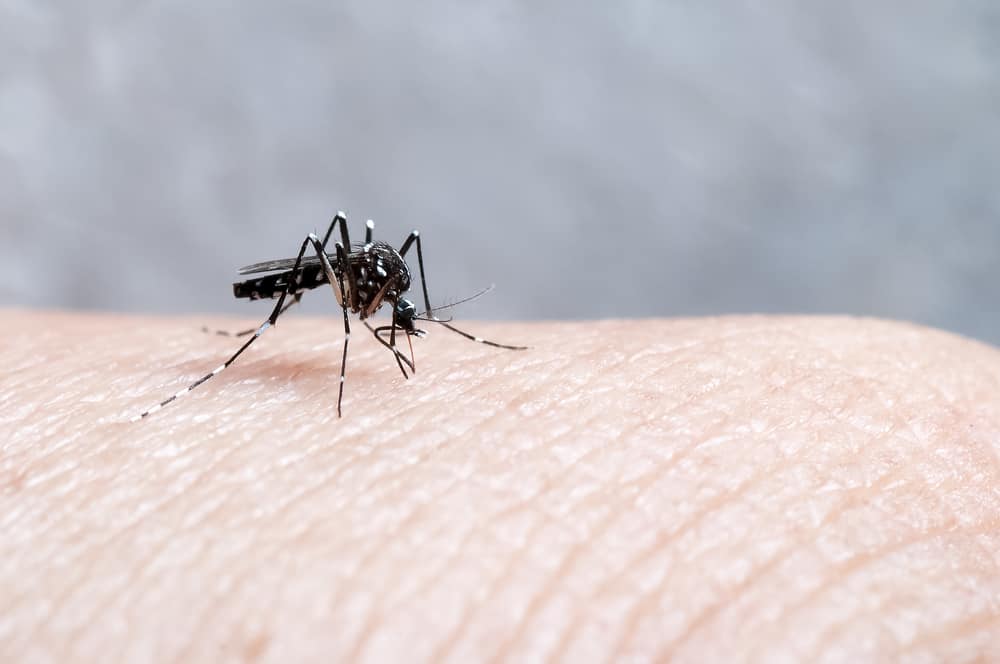Contents:
- Medical Video: Eat by Myself | Kids Good Habits | Nursery Rhymes | Children Learning | Baby Song | BabyBus
- What are the benefits of mengempeng for babies?
- What is the risk of breastfeeding for babies?
- At what age should the baby be given a pacifier?
Medical Video: Eat by Myself | Kids Good Habits | Nursery Rhymes | Children Learning | Baby Song | BabyBus
Often we see babies sucking their pacifiers. Somehow some babies love to flip, even though there is no intake of anything they get from the pacifier. But, when tapping, babies can get peace. Most babies do have a strong sucking reflex, so they like to suck their thumbs or also suck on the pacifier. However, is giving baby pacifiers harmless?
What are the benefits of mengempeng for babies?
Some babies like to cheat for various reasons. One of them is because the pacifier can provide it satisfaction after breastfeeding. Some babies are still fussy after breastfeeding even though they are full, but they usually calm down after being given a pacifier. So, some mothers choose to give pacifiers to their babies.
Apart from satisfaction, some babies also get it calmness when tapping. For example, when the baby is fussy or when the baby is afraid of something (when injected or taking blood, for example). The pacifier can be something that can shift the baby's focus, making it calmer.
Can also pacifier help baby fall asleep. And, one more thing that might surprise that pacifiers can help reduce the risk of SIDS (sudden death syndrome in infants). Some studies have shown that babies who are sleeping at night and napping have a lower risk of SIDS. This study does not show that pacifiers can prevent SIDS, but there is a strong relationship between squeezing and a lower risk of SIDS.
However, you should consider carefully when you should be able to give a pacifier to your baby. False, maybe the pacifier can have a bad impact on your baby's habits.
What is the risk of breastfeeding for babies?
Certainly, it can become a habit that is difficult to release. The introduction of pacifiers that are too early for babies can making her breastfeeding activities disrupted. Research shows that giving pacifiers too early is associated with a decrease in exclusive breastfeeding and the duration of breastfeeding. It is feared, if the baby has received a pacifier before he is accustomed to a good pattern of breastfeeding, the baby will choose a pacifier rather than suckling in the mother's breast.
In addition, can also be used increases the risk of ear infections in infants. However, in infants up to 6 months of age, the risk of experiencing this infection seems to be the lowest Therefore, so that the risk of ear infections does not increase, you should try to stop the baby's habit of slowly slowing when he is more than 6 months old. After all, at this age babies can be introduced to solid foods, which may help reduce the baby's eating habits.
If the pacifier is used in the long term, the eating habits can also cause tooth decay. The use of pacifiers during the first few years of life may not cause dental problems. However, if this habit is maintained for too long, it can cause the teeth to not grow properly. However, said Evelina W. Sterling, PhD, MPH, an assistant author of Your Child's Teeth: A Complete Guide for Parents, "Teething problems can usually be fixed on their own within 6 months of stopping, before the age of 2 years," such as reported by WebMd. So, it can be concluded that it is best to continue the process after the child is 1.5 years old so that the child's teeth are not problematic.
Babies who are already very accustomed to pacifiers, may also be easily fussy if the time is pressed (when the pacifier is released from the baby's mouth or the pacifier falls, for example). If this happens often, maybe the mother will be more troublesome. Instead of a pacifier can give peace to the baby, it can actually make the baby not calm if not mengempeng.
At what age should the baby be given a pacifier?
If you are breastfeeding, you should wait until the baby can suckle well, your milk supply is sufficient, and the milk comes out smoothly before giving the baby a pacifier. Babies can distinguish between the sucking of the pacifier and the mother's breast, so that the pacifier can interfere with the baby's interest in breastfeeding in the mother's breast.
You can start giving pacifiers when the baby is at least 3-4 weeks old. If your baby suckles well, gains weight, and has a regular breastfeeding pattern, maybe you can give the baby a pacifier early. What you should pay attention to is that you should give the baby a pacifier after the baby is full of breast milk, so the baby has all the nutrients he needs.
If your baby has a weight problem, you should not give your baby a pacifier. Also, you should not give your baby a pacifier if the baby has difficulty feeding or if you have a small amount of breast milk (milk is not smooth).
If you want to avoid the adverse effects of giving a pacifier, you should not let the baby use the pacifier for years. Stopping the habit of tapping a baby before entering the age of one is better. And, make sure the baby doesn't use the pacifier too often so the baby doesn't depend on the pacifier.
READ ALSO
- Tips for Choosing Milk Bottles and Pacifiers that are Good for Babies
- Cloth Diapers vs Disposable Diapers: Which Is Better?
- Various Causes of Babies Don't Sleep, and How to Overcome It

